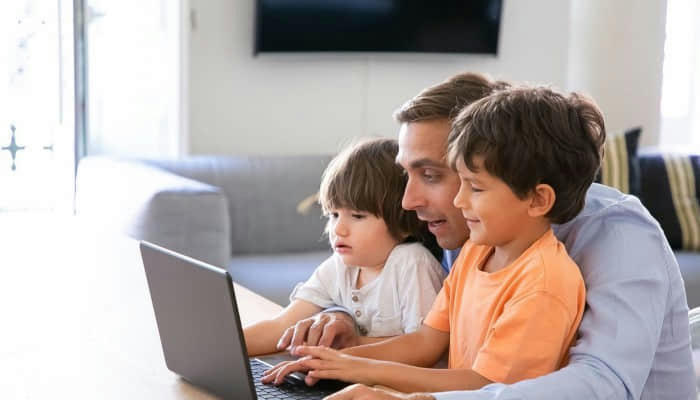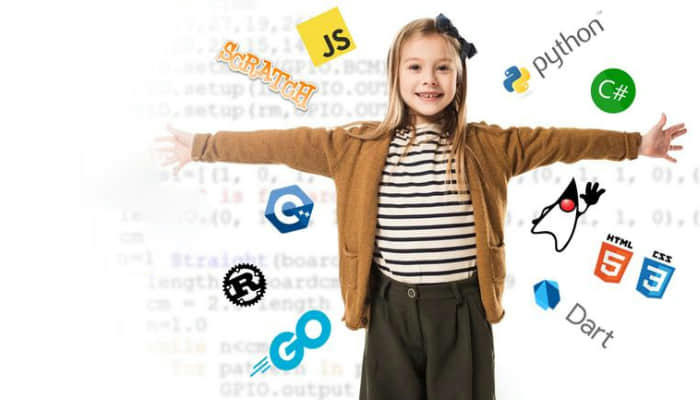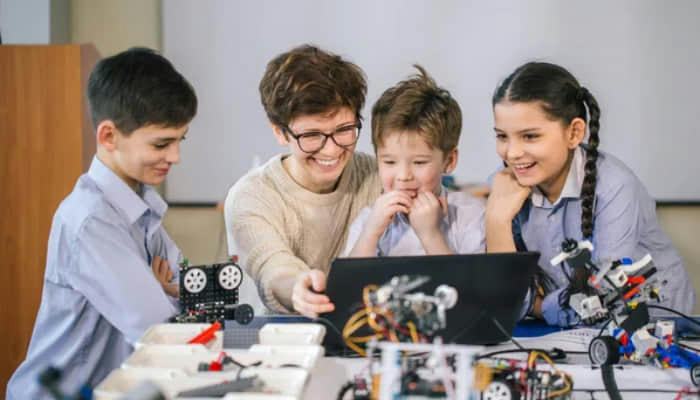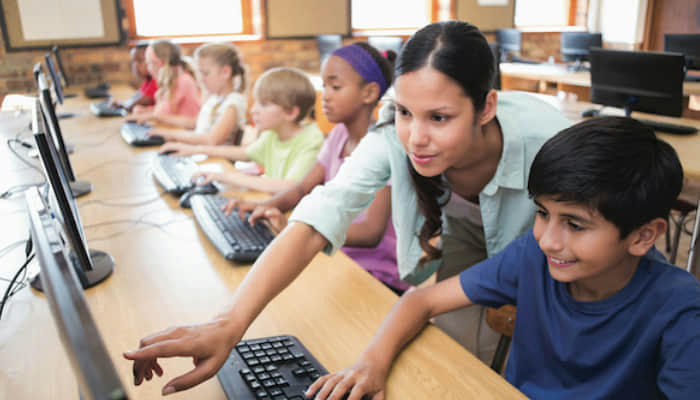Coding Made Easy for Your Kids: Free Online Courses Available Now!

In today's digital age, learning to program is becoming as essential as learning to read and write. For children aged 6 to 18, programming not only opens up a world of opportunities but also enhances problem-solving skills, creativity, and logical thinking.
Fortunately, many free programming courses are designed specifically for young learners. These courses introduce children to various programming languages such as Scratch, Minecraft, and C#, offering age-appropriate content that makes learning fun and engaging.
The Importance of Programming Skills for Children
Developing Critical Thinking
Programming teaches children how to think logically and solve problems systematically. When children write code, they learn to break down complex problems into smaller, manageable parts and develop solutions step by step. This critical thinking skill is valuable not only in computer science but in everyday life and academic pursuits.
Encouraging Creativity
Coding is a creative process. Children can create their own games, animations, and interactive stories, which allows them to express their ideas and imagination. By experimenting with different coding techniques and seeing their creations come to life, children gain a sense of accomplishment and boost their confidence.
Preparing for Future Careers
As technology continues to evolve, the demand for programming skills in the job market grows. Introducing children to programming at an early age prepares them for future careers in tech and other fields that require technical knowledge. Even if they don't pursue a career in programming, the skills they acquire will be beneficial in many areas.
Popular Programming Languages for Children

Scratch
Scratch is a visual programming language developed by the MIT Media Lab, designed specifically for children aged 6 and up. It uses a drag-and-drop interface where children can create programs by snapping together code blocks. Scratch is ideal for beginners because it simplifies complex programming concepts, making them accessible and understandable for young learners. Children can create games, animations, and stories, all while learning the basics of coding.
Minecraft
Minecraft is more than just a popular video game; it's also a powerful educational tool. The game's Education Edition allows children to learn programming concepts through a familiar and engaging platform. Using block-based coding or text-based languages like Python, children can modify the game, create custom worlds, and solve in-game challenges. Minecraft's open-ended nature encourages exploration and experimentation, making it an excellent way for children to learn coding in a fun environment.
C#
C# is a widely-used programming language that is suitable for older children and teenagers who have some prior coding experience. While it is more complex than Scratch or Minecraft, learning C# can provide a strong foundation in programming principles and logic. C# is often used in game development, particularly with the Unity game engine, which allows children to create their own 2D and 3D games. This real-world application can be highly motivating and rewarding for young programmers.
Free Programming Courses for Children

Code.org
Code.org is a nonprofit organization that offers free coding courses for children of all ages. Their courses cover various programming languages, including Scratch and Minecraft. Code.org's curriculum is designed to be fun and engaging, with interactive lessons and activities that gradually introduce new concepts. The platform also includes resources for teachers and parents to support their children's learning.
Scratch Online Community
The Scratch website offers a vast array of free resources and tutorials for young coders. Children can join the Scratch online community to share their projects, get feedback, and collaborate with others. The community aspect provides a supportive environment where children can learn from their peers and be inspired by their creations.
Microsoft MakeCode
Microsoft MakeCode offers free, interactive coding experiences for children using block-based and text-based coding. The platform supports programming in Minecraft and other environments, such as micro: bit and arcade. MakeCode's tutorials and projects are designed to be engaging and educational, helping children develop their coding skills through hands-on learning.
Unity Learn
For older children and teenagers interested in game development, Unity Learn provides free courses and tutorials on using the Unity game engine and programming in C#. The platform offers a variety of learning paths, from beginner to advanced, covering topics like game design, scripting, and 3D modeling. Unity Learn also includes projects and challenges that allow students to apply their skills in real-world scenarios.
How to Support Your Child's Learning Journey

Set Up a Dedicated Learning Space
Creating a dedicated learning space can help your child focus and stay organized. Ensure that the space is comfortable and free from distractions, with all necessary materials and equipment readily available.
Encourage Consistent Practice
Consistency is key when learning to program. Encourage your child to practice coding regularly, even if it's just for a short period each day. This regular practice will help reinforce their learning and build their confidence over time.
Celebrate Achievements
Recognize and celebrate your child's achievements, no matter how small. Completing a project, solving a challenging problem, or learning a new concept are all significant milestones. Celebrating these accomplishments can boost your child's motivation and enthusiasm for learning.
Explore Coding Together
If possible, take an interest in what your child is learning and explore coding together. You don't need to be an expert; simply showing curiosity and asking questions can make a big difference. This shared interest can create a supportive learning environment and strengthen your child's commitment to coding.
Conclusion
Free programming courses for children provide an excellent opportunity for young learners to develop essential skills in a fun and engaging way. With a variety of age-appropriate programming languages like Scratch, Minecraft, and C#, children can find courses that match their interests and skill levels. By supporting their learning journey and encouraging regular practice, parents and educators can help children unlock their full potential and prepare for a future where programming skills are increasingly valuable.
